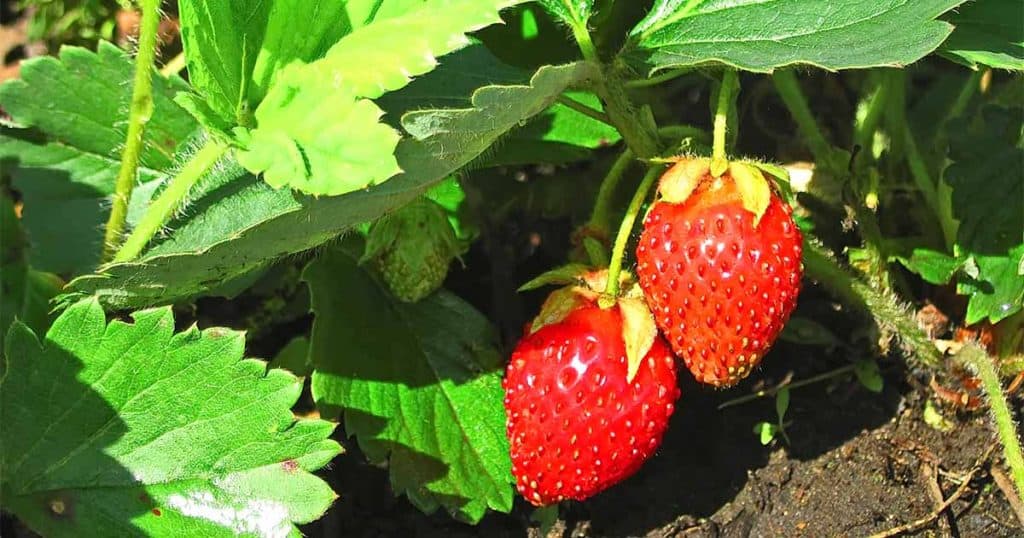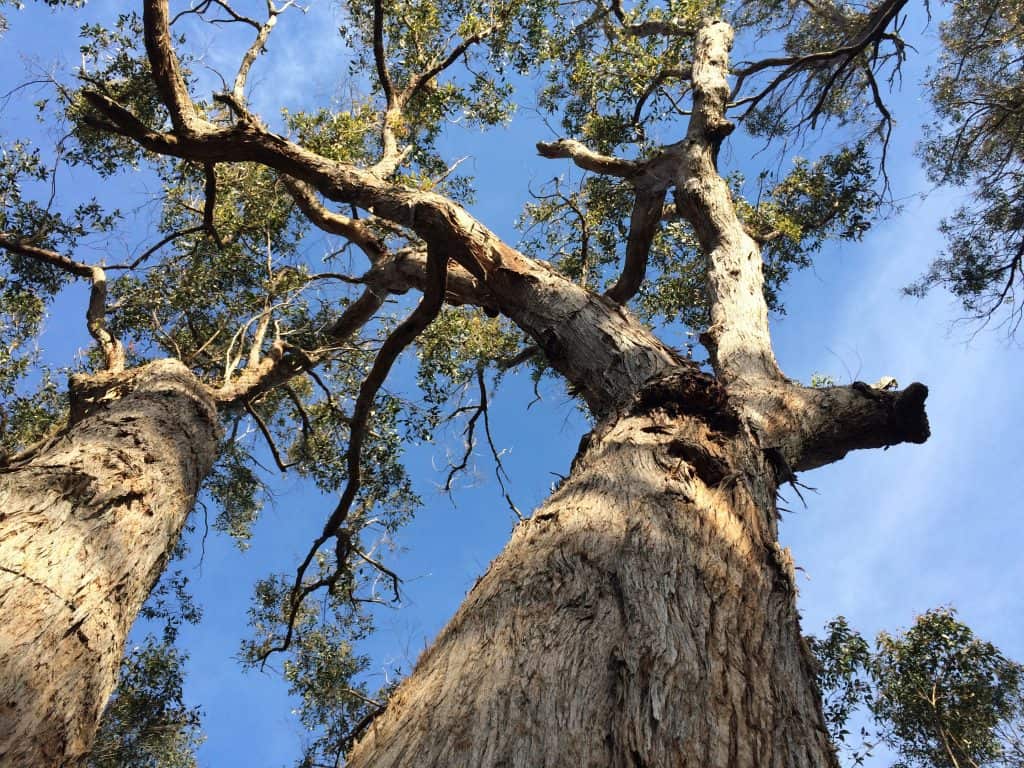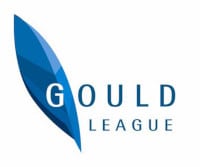Biomes and Food Security (Food and Fibre in the Forest)
-
Forest
-
Human Impacts



Excursion Program Overview
The ecosystems of the Victorian Central Highlands have distinctive characteristics which help to class the region firmly as part of a Temperate Forest Biome. Explore this special region and have your students study many key elements of Geographical Knowledge & Understanding in accordance to the Victorian Geography Curriculum.
The programs covers:
- The distribution and characteristics of biomes as regions, with distinctive climates, soils, vegetations and productivity.
- The interconnection between food production and land and water degradation; the supply of fresh water; competing land uses; climate change.
- The human alteration of biomes to produce food and fibre, and the environmental impacts of these alterations.
- Land and resource management strategies used by Aboriginal peoples to achieve food security.
Students will:
- Visit Mountain Ash forest and Cool Temperate Rainforest
- Identify characteristics of the biome, take a closer look at the water cycle in the forest and measure abiotic data
- Reflect on Traditional Land Owners use and management of the land
- Examine the Timber harvesting process and visit a clear felled Logging Coupe
- Consider human impacts on the environment
- Discover locals foods grown in Toolangi
Workbooks will be provided so you can make a copy for each student to use on the day to guide their forest investigation.
Inclusions and Notes
Equipment supplied by Gould League: Safety helmets worn by all participants; workbook and all tools required for fieldwork data collection.
Equipment needed: A chartered bus (which is required to remain with the group at all times). First aid kit, sun screen, insect repellent and PPE including hand sanitiser to kill viruses, bacteria and other microorganisms. Teachers will also need a smartphone, preferably with GNSS capability or GPS.
Please note that our Gould League educators will travel on your bus for the duration of your program time. We ask schools to ensure when booking coaches that 1 one seat is allocated for each group booked as they will provide commentary on the bus to students and guide the bus drivers. Please advise the Bookings Manager if there is no room on the coach for our educators, and travel fee of $0.88 per km will be added to your final invoice. This amount will vary according to the activities undertaken on the day which can vary due to local weather conditions. Maximum travel fee is $40. This covers the cost of one vehicle only as Gould League Educators will carpool.
Student needs to bring: Their own water and lunch, sunscreen, a clipboard, pencil, and a copy of the Gould League workbook (usually sent 14 days prior to excursion so copies can be made for students) to guide the forest investigation; bag to take away your rubbish.
Restrictions: This Gould League program is delivered in the Toolangi State Forest, in the North Central Fire District and does not operate on days with a Fire danger rating of Extreme and Catastrophic. On rare occasions, programs may be postponed due to extreme weather predictions involving wind/storms. In both cases, these programs will be rescheduled at the earliest convenience of both parties.
Programs however DO operate during wet/snowy weather. Please contact us to discuss the best timing to optimize your group’s experience and ensure suitable clothing and footwear for the conditions predicted. Plan for wet weather from April-October, and expect temperatures at least 5 degrees colder than suburban Melbourne.
Curriculum Links
GEOGRAPHY: Geographical Knowledge & Understanding
- Distribution and characteristics of biomes as regions with distinctive climates, soils, vegetation and productivity. (VCGGK133)
- The interconnection between food production and land and water degradation; shortage of fresh water; competing land uses; and climate change, for Australia and other areas of the world. (VCGGK135)
- Human alteration of biomes to produce food, industrial materials and fibres, and the environmental effects of these alterations. (VCGGK136)
- Land and resource management strategies used by Aboriginal or Torres Strait Islander peoples to achieve food security over time (VCGGK137)
The Victorian Curriculum F-10 content elements are © VCAA, reproduced by permission. Victorian Curriculum F-10 elements accurate at time of publication. The VCAA does not endorse or make any warranties regarding this resource. The Victorian Curriculum F-10 and related content can be accessed directly at the VCAA website.
